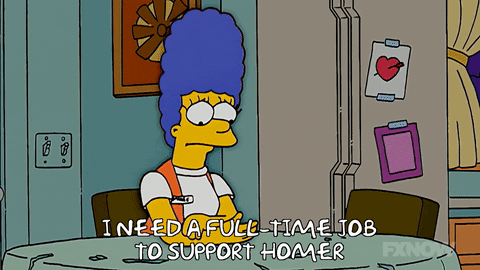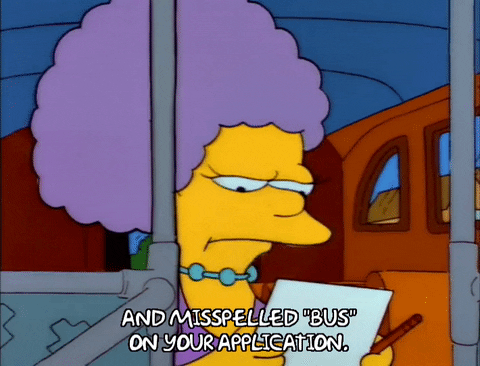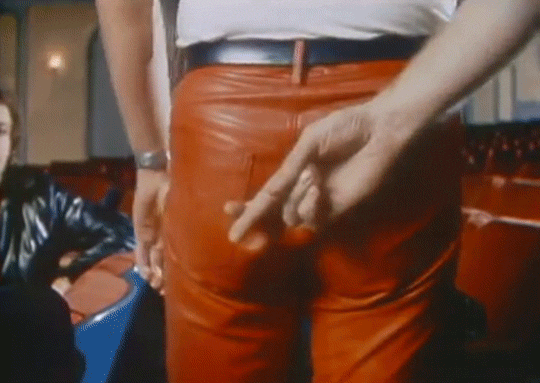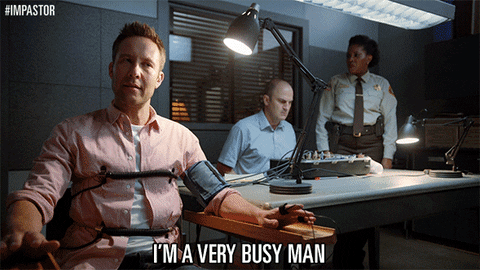Frustrating Job Interview Strategies Candidates Perform to Make Employers Hire All of them

Every job applicant aspires to seize the opportunity and secure their coveted position. They dedicate their utmost effort to convince the hiring manager that they are the right fit for the job. However, there are candidates who become overly competitive, resorting to tactics that can alienate recruiters. Are you preparing for a job interview? It’s crucial to represent yourself positively, and avoid employing these detrimental interview strategies:
Manipulating with Guilt

via giphy
Expressing to your potential employer that you “desperately” need the job might lead your application straight to the rejection pile. According to contributors Jacquelyn Smith and Aine Cain from Business Insider , candidates who carry a “lot of baggage” often end up being problematic employees. Attempting to guilt-trip or emotionally manipulate recruiters is an ill-advised approach.
Resume Misspellings

through giphy
One of the common detrimental interview strategies is submitting a resume riddled with misspellings. You wouldn’t want to present a negative impression before you’ve even met your potential employer. While everyone makes mistakes, it’s crucial to proofread your resume before sending it to your prospective recruiter.
Dishonesty

through giphy
This should go without saying: lying is a detrimental interview tactic that will immediately erode hiring managers’ trust. While you want to make a positive impression, fabricating stories is a surefire way to undermine your chances.
Exaggerating Qualifications

via giphy
Exaggerating qualifications is akin to lying, but more egregious. Some candidates create elaborate tales, inflating their achievements to impress hiring managers. While this approach might seem tempting, it’s advisable to steer clear. Most seasoned professionals can detect this exaggeration within minutes of the interview.
Speaking Negatively About Past Employers

through giphy
Venting about previous jobs, colleagues, or employers might be acceptable in casual conversations, but it’s inadvisable in a job interview. Such negativity is often perceived as “bad-mouthing” and could lead the interviewer to believe that you’re challenging to work with.
By learning from these detrimental interview strategies, you’ll enhance your ability to present your skills to potential employers without appearing rude or self-aggrandizing. For more interview tips and advice, visit our blogs page . You may also want to explore our comprehensive list of the top 10 resume writers who can assist you in your job search journey. Best of luck!
Source: Company Insider
Photo simply by Tim Gouw from Pexels



